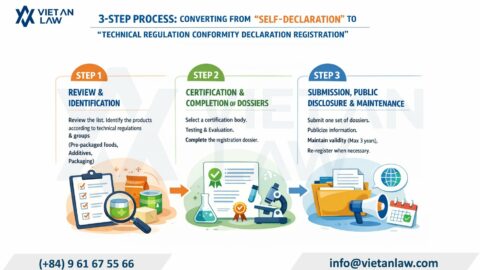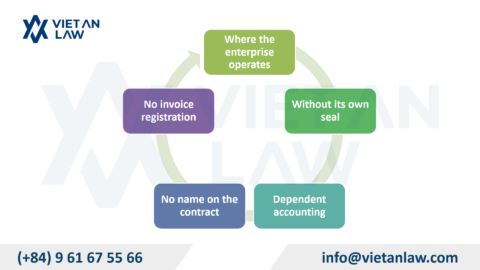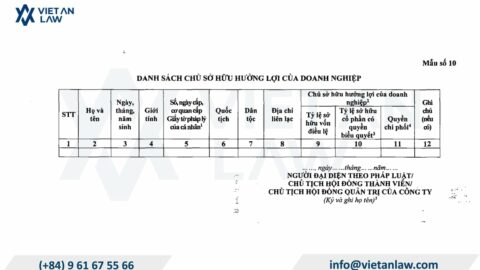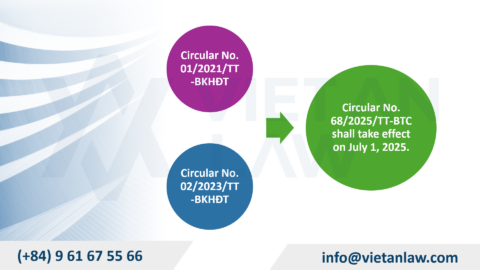Employees who take leave without permission may face disciplinary action or lose benefits they are entitled to under labor law. Both employers and employees are concerned about this legal issue. In this article below, Viet An Law Firm will provide clients with legal information about employees take leave without permission regulation in Vietnam.
Table of contents
According to the Labor Code 2019, employees are permitted to have a weekly day off, public holidays, Tet holidays, annual leave, and leave for personal reasons in cases specified by law. Employees are also allowed to take unpaid leave as per the regulations in the Labor Code 2019. Specifically, according to Clause 2, Article 115 of the Labor Code 2019, an employee is entitled to take 01 day of unpaid leave and must inform the employer in the case of the death of his/her grandparent or biological sibling or the marriage of his/her parent or natural sibling.
Besides the cases specifically regulated above, if the employee needs to take unpaid leave to address other personal matters, the employee may negotiate with his/her employer on taking unpaid leave.
Thus, if the employee wants to take leave, they need to inform the employer in advance and get the employer’s approval.
In case the employee takes leave without prior negotiation with the employer, it will be considered leave without permission and will be handled according to the company’s regulations and the regulations of the Labor Code 2019.
In addition to the forms prescribed in the internal labor regulations, the charter, operational rules, and labor contracts such as salary and bonus reduction, or the removal of certain benefits the employee is entitled to, leave without permission can lead to a violation that may result in disciplinary action by the employer according to the Labor Code 2019.
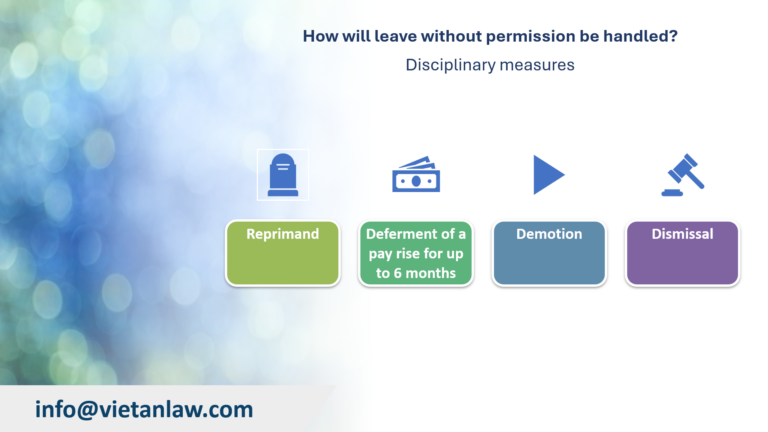
In cases of leave without permission, the employee may be subject to disciplinary action according to the company’s internal labor regulations. Currently, according to Article 124 of the Labor Code 2019, the following disciplinary measures can be applied:
Depending on the seriousness and consequences of leave without permission, the employee may face one of the above disciplinary measures. The specific level of discipline will be stipulated in the company’s internal labor regulations.
In some cases, the employee may even face the highest level of discipline – Dismissal.
Clause 4 of Article 125 of the Labor Code 2019 stipulates that in the case of leave without permission, the employer may dismiss an employee for disciplinary reasons as follows:
“The employee fails to go to work for a total period of 05 days in 30 days, or for a total period of 20 days in 365 days from the first day he/she fails to go to work without justified reasons”.
Justified reasons include natural disasters, fires; the employee or his/her family member suffering from illness with a certification by a competent health facility; and other reasons as stipulated in the internal labor regulations.
Thus, if an employee takes leave without permission beyond the specified periods without a justified reason, they may be dismissed by the employer:
The law does not allow employees to be entitled to severance allowance when disciplined by dismissal.
However, if the employee meets the legal requirements, they will still be entitled to redundancy allowance, payment for wages, any unused paid leave, and the return of relevant documents.
Article 36 of the Labor Code 2019 stipulates cases where unilaterally terminating the labor contract is allowed, including the case where an employer shall have the right to unilaterally terminate a labor contract when the employee is not present at work without acceptable excuses for at least 05 consecutive working days.
When unilaterally terminating the labor contract in this case, the employer is not required to inform the employee in advance.
This regulation means that if the employee is not present at work without acceptable excuses for at least 05 consecutive working days, the employer is entitled to terminate the labor contract by law.
Additionally, the employee will not be entitled to severance allowance if the employer unilaterally terminates the contract due to taking leave without permission beyond the allowed period. However, the employee may still be entitled to other legal benefits if they meet the requirements.
According to Clause 4, Article 125 of the Labor Code, if an employee takes leave without permission but has a justified reason, they will not be penalized under the regulations. Specifically, justified reasons include:
Therefore, if an employee takes leave without permission due to any of the above reasons, they need to provide evidence to the employer to avoid disciplinary action or termination of the labor contract.
Employers should also be aware of cases where employees cannot be penalized for taking leave without permission to avoid violating legal regulations.
Above is the advice of Viet An Law on the issue of employees take leave without permission regulation in Vietnam. Clients who have related questions or need legal support about employees take leave without permission regulation in Vietnam, please contact Viet An Law Firm for the best support!
